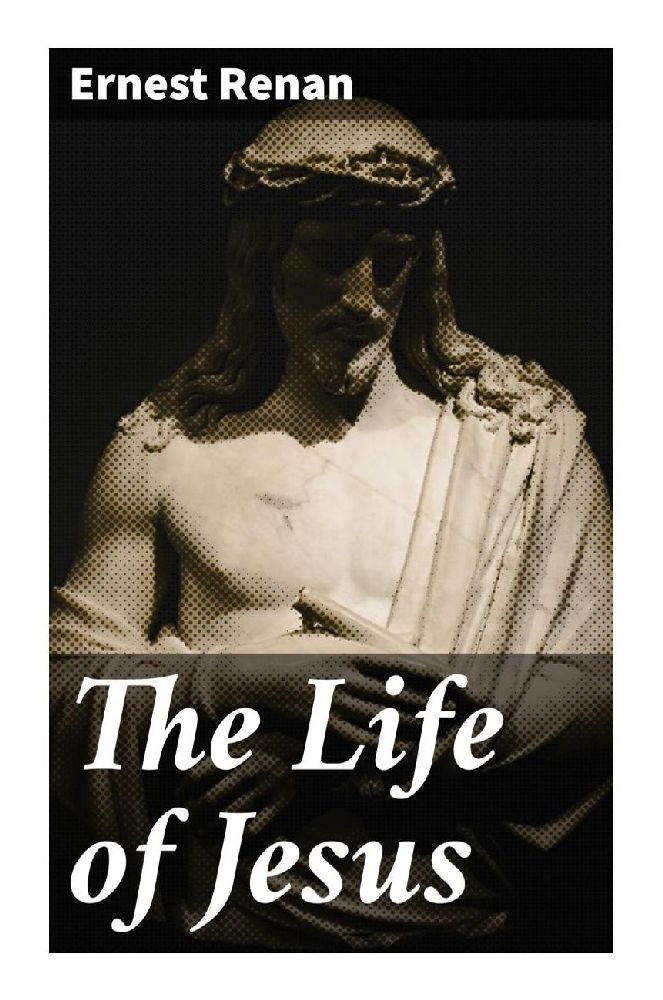Ernest Renan's 'The Life of Jesus' is a groundbreaking work that intricately interweaves biographical narrative and critical theological analysis, offering readers a nuanced exploration of the historical Jesus. Written in the context of 19th-century rationalism and the burgeoning field of biblical criticism, Renan's prose is both poetic and precise, capturing the essence of Jesus as a formidable historical figure while simultaneously questioning the divinity attributed to him. The text presents an evocative portrait of Jesus, grounded in the socio-political landscape of first-century Judea, challenging traditional dogmas and inviting readers to re-examine the foundations of Christian belief. Renan, a philosopher, historian, and member of the theological school in Paris, was influenced by his academic background and the prevailing Enlightenment ideals that emphasized reason over faith. His personal struggles with religious faith, alongside his extensive studies in biblical texts, propelled him to undertake this ambitious project. By presenting Jesus in a humanized, relatable context, Renan sought to communicate the profound moral and ethical lessons of his life without the constraints of ecclesiastical doctrine. Renan's 'The Life of Jesus' is not merely an account of a religious figure but a profound dialogue between faith and reason, making it essential reading for those interested in the intersections of history, philosophy, and theology. It invites readers to grapple with the complexities of belief while fostering a deeper understanding of one of history's most influential personalities.












